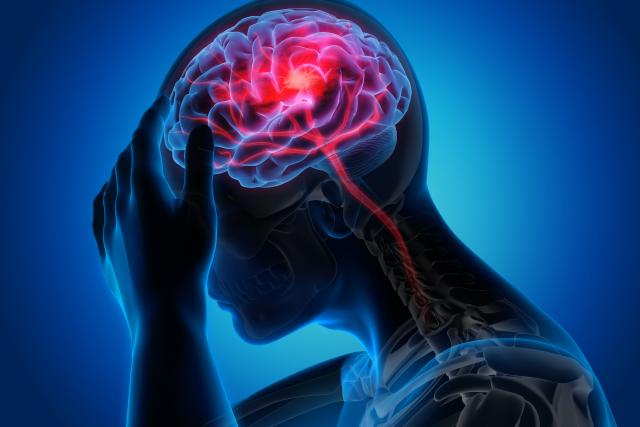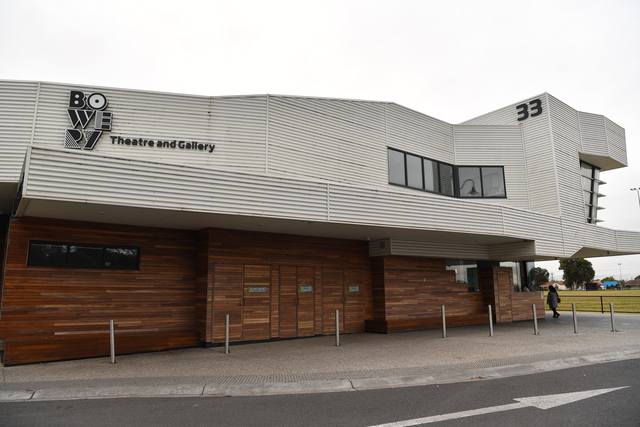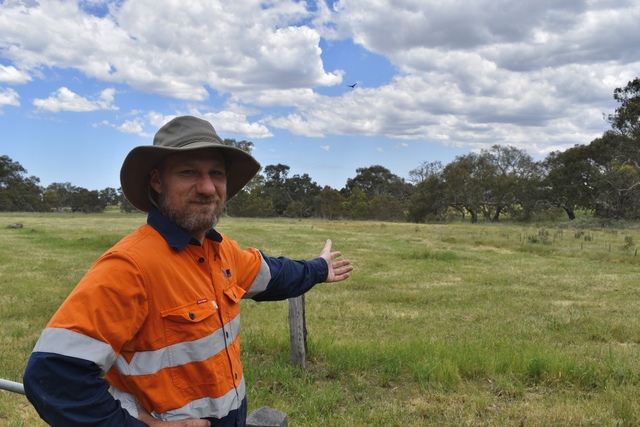Stroke Foundation is thrilled to see some of Australia’s most accomplished stroke sector researchers awarded almost $1m to develop a new digital platform to promote stroke prevention.
The Love Your Brain project was announced on Sunday October 2 as one of the recipients of the latest round of Medical Research Future Fund investments.
Led by Associate Professors Seana Gall and Monique Kilkenny, the project will be delivered by a team of esteemed researchers from Monash University, University of Tasmania, and Royal Adelaide Hospital, with the support of the Stroke Foundation.
Stroke Foundation chief executive officer Sharon McGowan says the Love Your Brain project will play a key role in increasing health literacy around stroke, including for those in Sunbury and the Macedon Ranges, using the contemporary mechanism of a digital platform.
“Educating people about stroke risks and how to act when stroke happens is a significant part of our work at Stroke Foundation. The more people who recognise the signs of stroke and know to see emergency medical treatment, the better their chance of a good outcome,” she said.
“We work hard to get this message across, but there are still too many Australians unaware of what stroke looks like, or what they can personally do to reduce their own risk of having one.”
“Love Your Brain is yet another fantastic tool in our education toolbox, and I’m really looking forward to seeing the impact this will have. We survey Australians’ awareness of the risk and signs of stroke each year, and there is always room for improvement.”
Love Your Brain will draw on Stroke Foundation’s StrokeSafe program, speaking to the volunteers involved about the messages they share with StrokeSafe talk participants.
“We have so many amazing volunteers who share the message about stroke risks, and the most common signs of stroke. Love Your Brain is a natural accompaniment to that work and will ensure more Australians have access to the key information that might save their lives,” Ms McGowan said.







